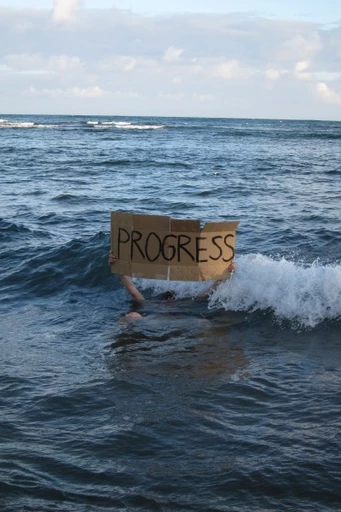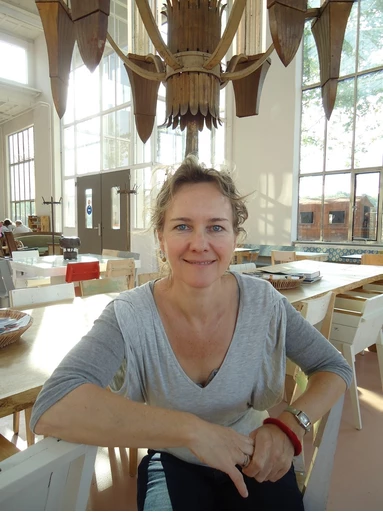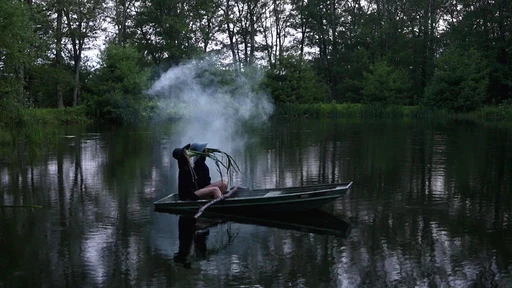
Ecological Time: Natures that Matter to Activism and Art, is pre-published. The article was also published in APRIA Journal Time Matters on March 4, 2021.
Abstract:
The term ‘Anthropocene’ brings together a range of interrelated ecological catastrophes and relates human history to the time scales of the earth. While dominant modes of thinking maintain technocratic notions of nature and time, art has (re)presented alternative proposals and practices that radically shift perception. To foreground and strengthen the power of art to challenge core cultural assumptions and motivate change, this text maps out the implications of philosophical positions often referred to by artists. I consider the ideas of Donna Haraway, Bruno Latour, Andreas Malm, Naomi Klein and T. J. Demos, and perform a more in-depth inquiry of the aesthetics proposed by Timothy Morton. Two works of art are at the beginning and at the end of this inquiry: Progress vs. Regress (Progress II) and Nocturnal Gardening, both by Melanie Bonajo. A material sense of time appears to be pivotal for art as an agent of change.
Ecological Time: Natures that Matter to Activism and Art1)
‘Progress is a forward march, drawing other kinds of time into its rhythms. Without that driving beat, we might notice other temporal patterns.’ – Anna Tsing.
Abstract:
The term ‘Anthropocene’ brings together a range of interrelated ecological catastrophes and relates human history to the time scales of the earth. While dominant modes of thinking maintain technocratic notions of nature and time, art has (re)presented alternative proposals and practices that radically shift perception. To foreground and strengthen the power of art to challenge core cultural assumptions and motivate change, this text maps out the implications of philosophical positions often referred to by artists. I consider the ideas of Donna Haraway, Bruno Latour, Andreas Malm, Naomi Klein and T. J. Demos, and perform a more in-depth inquiry of the aesthetics proposed by Timothy Morton. Two works of art are at the beginning and at the end of this inquiry: Progress vs. Regress (Progress II) and Nocturnal Gardening, both by Melanie Bonajo. A material sense of time appears to be pivotal for art as an agent of change.
Ecological Time: Natures that Matter to Activism and Art1)
‘Progress is a forward march, drawing other kinds of time into its rhythms. Without that driving beat, we might notice other temporal patterns.’ – Anna Tsing.

In this essay, a work of art – Progress vs. Regress (Progress II) by Melanie Bonajo – instigates a theoretical inquiry into the way science and philosophy frame and affect the perception of time and art in the context of ecological crises. Turning away from this specific work,3) the second section critically positions philosophy and its implicit or explicit aesthetics. The epochal term ‘Anthropocene’ comes to the fore as having strong technocratic implications instrumentalizing art, impairing its sometimes insurgent sense of differences and different temporalities. The third and last section returns to art – Bonajo’s Nocturnal Gardening – to present critical alternatives to dominant technological time regimes.
Read the rest of this article on APRIA in the issue Time Matters.
Read the rest of this article on APRIA in the issue Time Matters.
related content
people – 01 mrt. 2021

